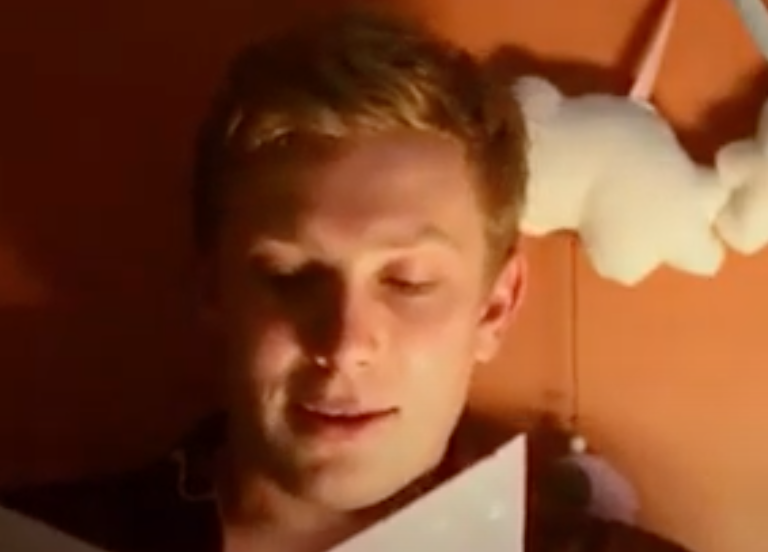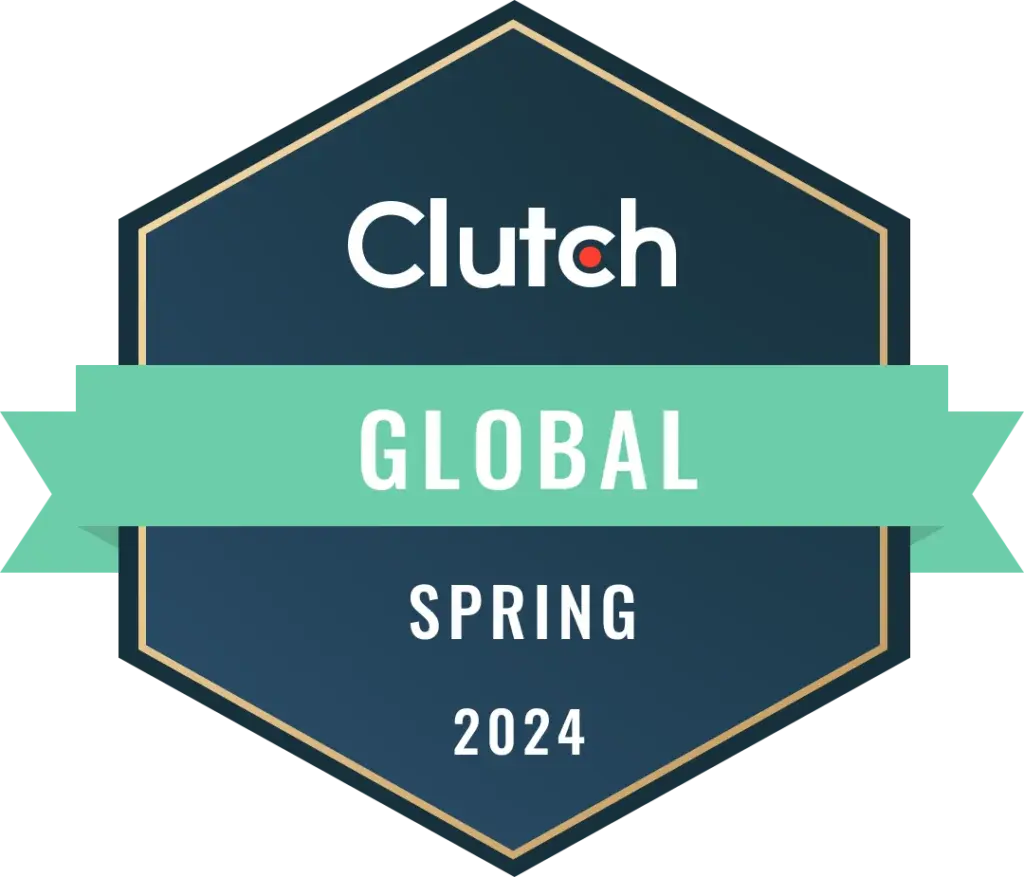Dusting Off Our Instincts
Malinda Sanna
One of the communal aspects of Covid-19 is the viral content that is going around. It would be wild to see the type of content mapped by tribe, because I’m sure it’s varied (my 17-year old is no doubt circulating different stuff than I am). But regardless of demographic, people are getting pretty creative out there, considering Covid-19 content started with a bunch of TikTok videos about handwashing. Now, we have really creative content (albeit created with stock footage) such as Tom Roberts’ The Great Realisation that’s gone viral on YouTube.
The young British poet has written a fairy tale that tells the story of the virus as a force that rediscovers good in the world.
“It was a world of waste and wonder… poverty and plenty. Back before we understood why hindsight’s 2020…We’d always had our wants… but now it’d got so quick, you could have anything you dreamed of, in a day, and in a click.” As he describes the world pre-Covid, it is exactly the pinnacle of decadence crossed with what tech journalist Kara Swisher calls ‘hustle porn”, the work-ism that had reached fever pitch in the early part of this fateful year before everything came to a grinding halt.
My favorite line from Roberts’ poetic piece is that the virus has “dusted off our instincts.”
At Spark, we recently fielded a study amongst women using our ethnographic tool LookLook® that unveiled the creative surge many have experienced during the “sheltering” period. They are writing, making music, inventing, brainstorming, sewing and baking. Many are reconnecting with people they hadn’t spoken to in decades. It appears to be a very internal energy – indeed, instinctual, that is feeding this creativity. Getting in touch with what really matters – whatever that may be.
What has enabled this? I’m thinking it actually may be the silence. And I’m already grieving the absence of it when things go back to normal and we take our place in the hamster wheel cacophony of busy-ness.
I listened to Malcolm Gladwell in a podcast interview today speaking to the need to experiment in this new world, challenging the form of experiences as we have known them. In the NBA, for example, an absence of the groundswell noise of fans in the stands makes room for a new kind of intimacy that could focus on the sounds of the players themselves… what they are saying to each other, to the refs, the cheers that come from teammates when someone scores a 3-pointer right before the buzzer.
If we embrace the silence of quarantine, what new ideas will reveal themselves that can satisfy our need to connect, emote, experience… in new ways?



